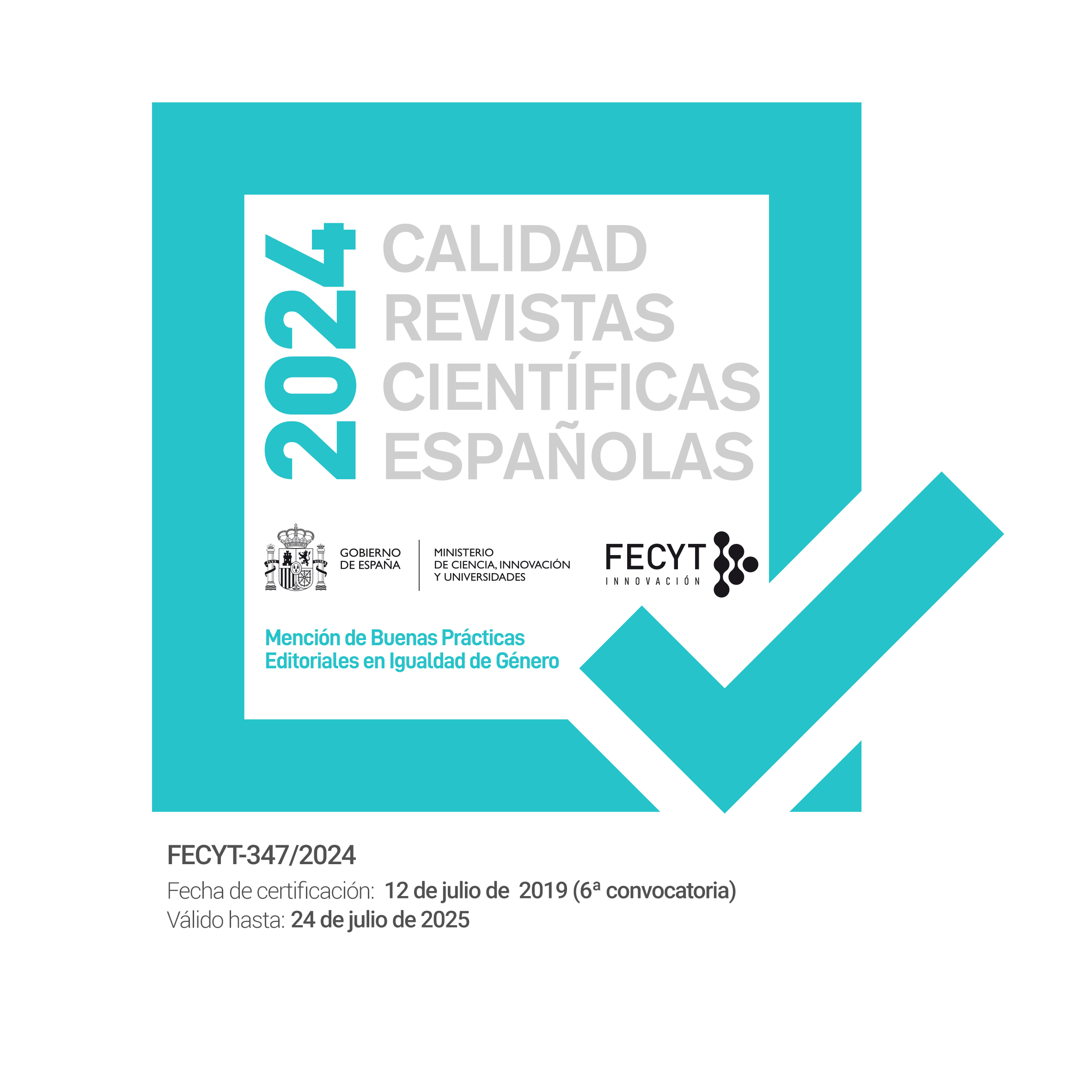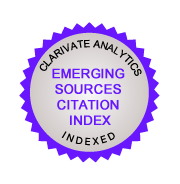Los ingenieros urbanistas en la España decimonónica
DOI:
https://doi.org/10.5944/etfvii.10.1997.2301Abstract
Los Ingenieros de Caminos actúan en España como urbanistas en la segunda mitad del siglo XIX. Son un nuevo cuerpo de funcionarios a las órdenes de la política progresista del gobierno en materia urbana. Poseían deseos de renovación, interés por los avances técnicos y sentido práctico, además de una formación científica. Su trabajo se refleja en los proyectos de ensanche de poblaciones realizados bajo nuevos supuestos que tratan de hiacer frente a tas necesidades de la naciente ciudad industrial.
Civil engineers operated as town planners in the second half of the nineteenth Century. They were a new functionary corps who was under the orders of the progressive policy of the gobernment in urban matters. They had wishes for renewal, interest in technical improvements and practical sense, besides a scientific training. Their work is reflected in their projects in town extensions which they designed under new assumptions that try to face up to the needs of the rising industrial city.
Downloads
Downloads
Published
How to Cite
Issue
Section
License
Authors who publish in this journal agree to the following terms:
- Authors retain copyright and grant the journal right of the first publication with the work simultaneously licensed under a license Creative Commons Reconocimiento-NoComercial 4.0 Internacional that allows others to share the work with an acknowledgement of the work's authorship and initial publication in this journal.

- Authors are able to enter into separate, additional contractual arrangements for the non-exclusive distribution of the journal's published version of the work (e.g., post it to an institutional repository or publish it in a book), with an acknowledgement of its initial publication in this journal.
- Authors are permitted and encouraged to post their work online (e.g., in institutional repositories or on their website) prior to and during the submission process, as it can lead to productive exchanges, as well as to earlier and greater citation of the published work (See The Effect of Open Access).








